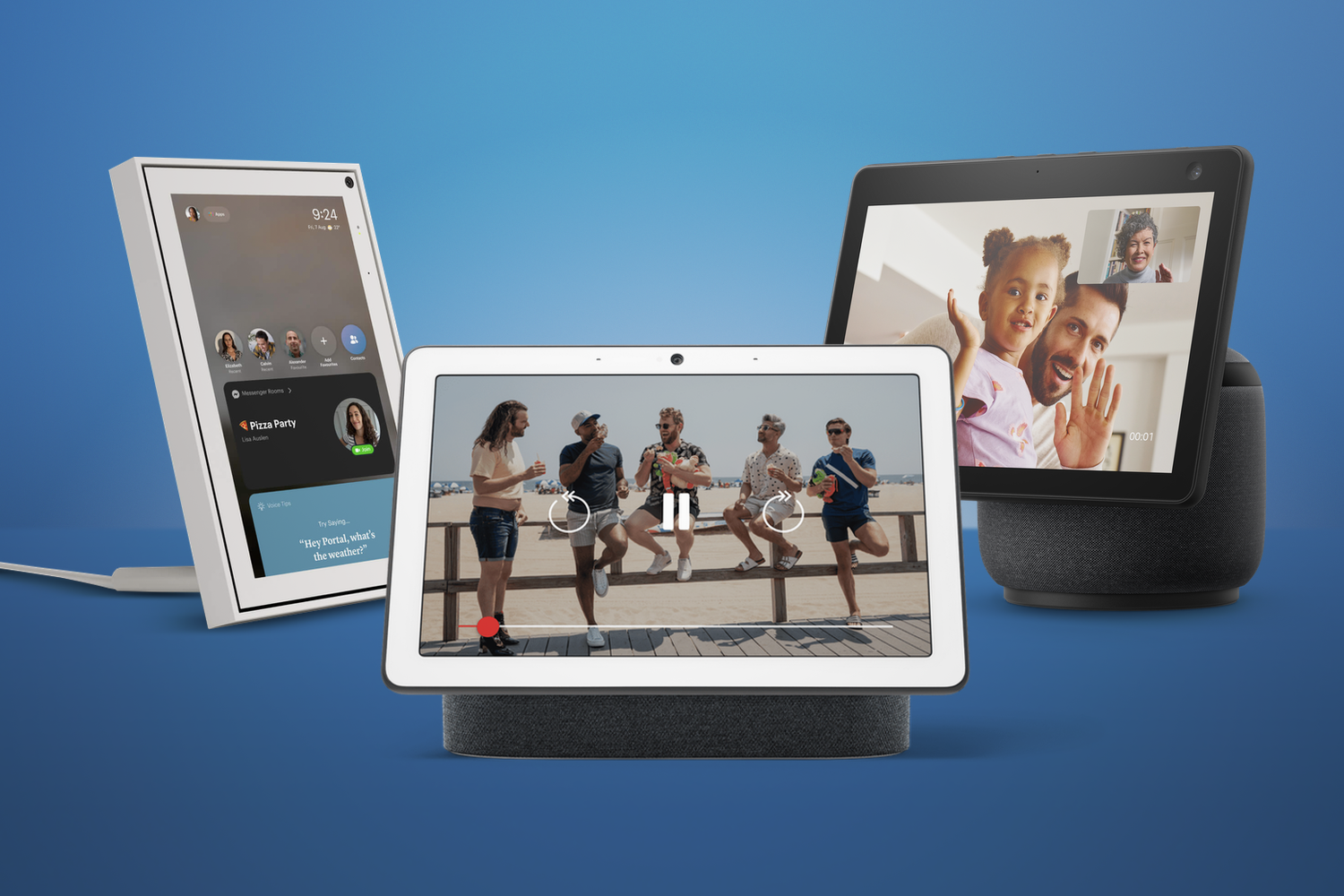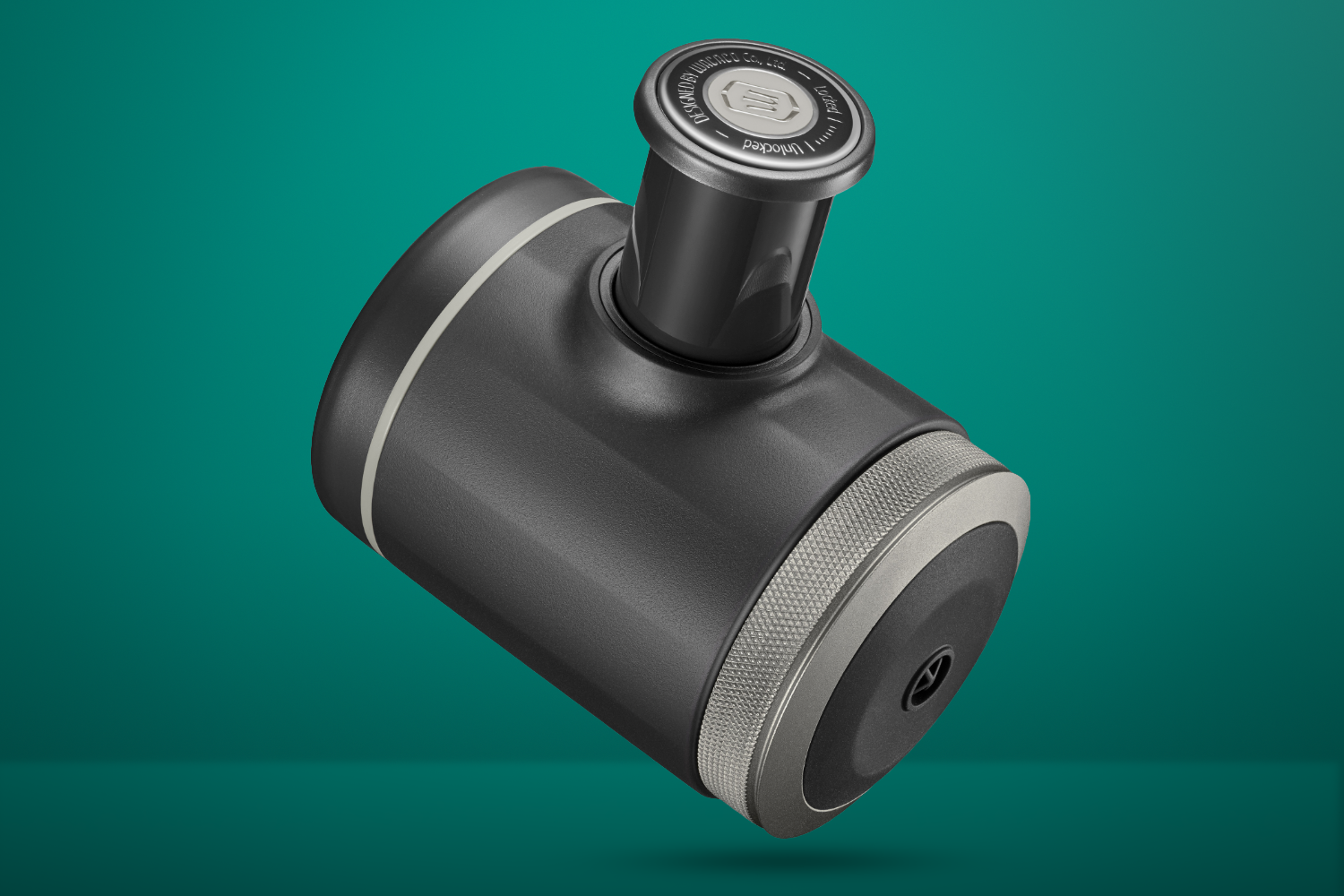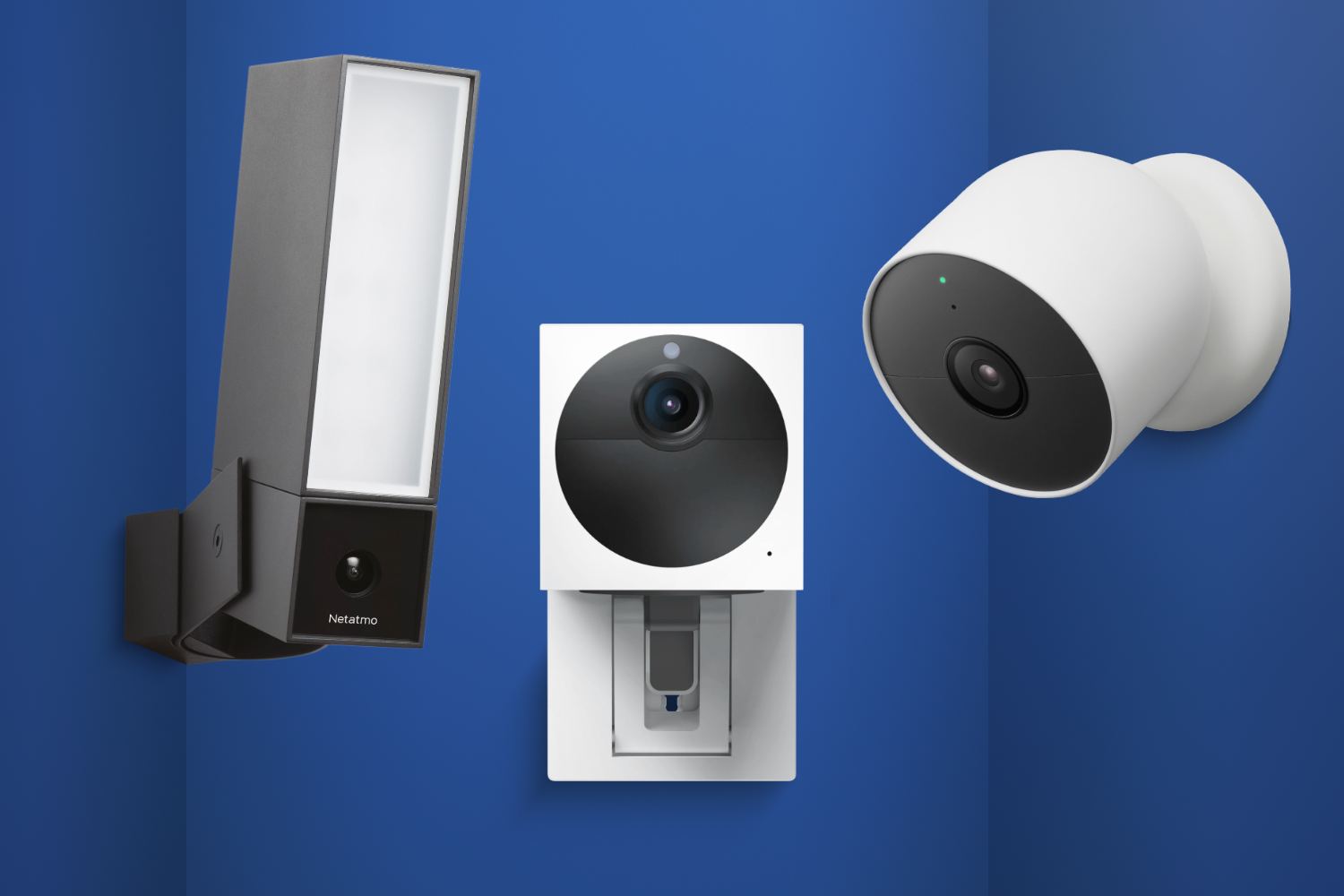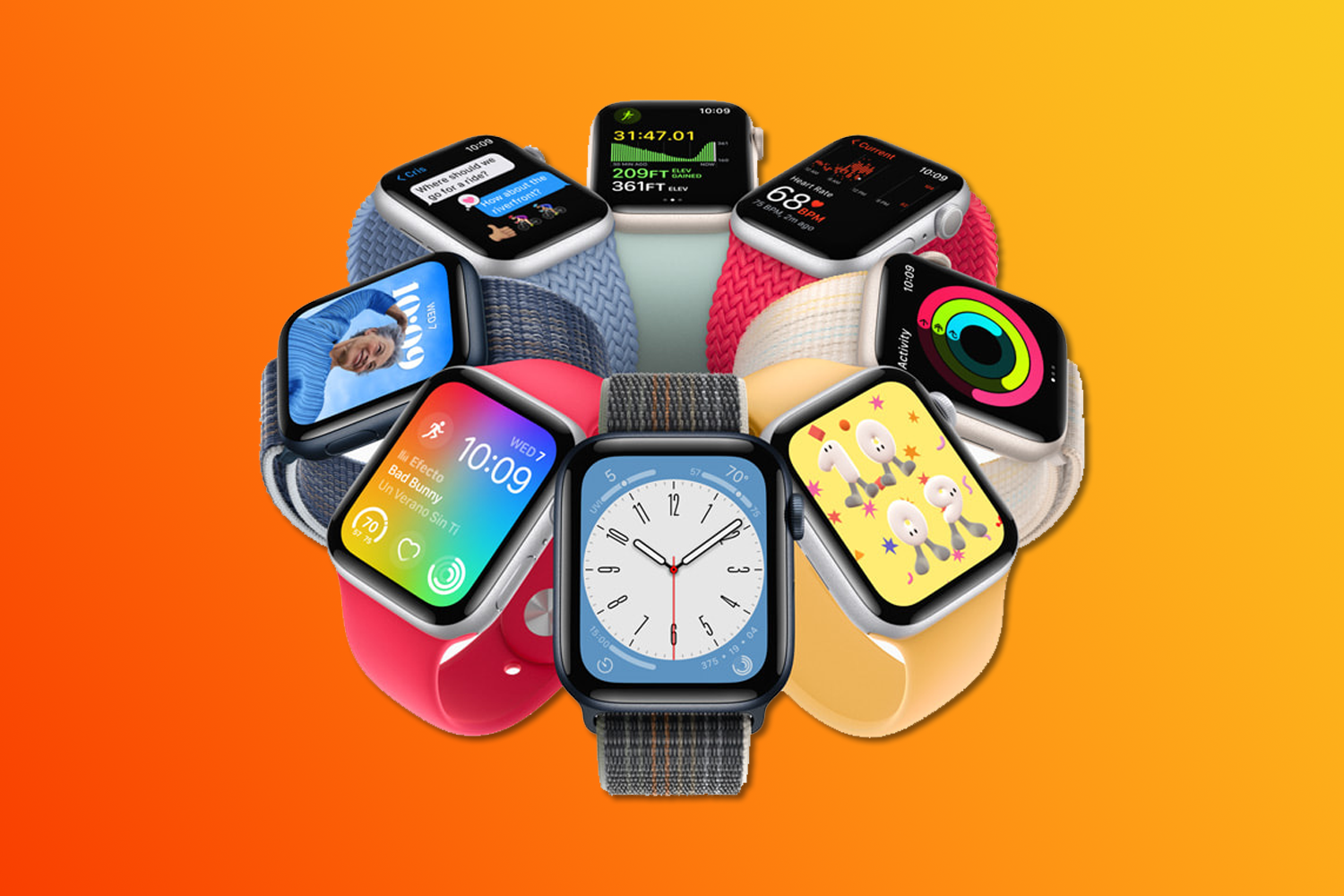I blame the remote control. When I was a kid, you had to get off your behind to change the channel on the TV. Yes, I’m old (or that TV was at the time). But at some point, smart people came up with a device you could hold in your hand to control the TV from afar. At first, it was attached via a cable. Later on, you’d blast your commands through the air, like a D-list sci-fi hero. It was all quite exciting at the time. But then we didn’t have the internet in those days.
In the years since, it’s been downhill all the way. Remotes became increasingly complex and in recent years morphed into apps on your phone. Meanwhile, controls on devices themselves have dwindled to the point you can’t do anything if the remote disappears. Which was bad enough when it was a physical thing. It’s even worse now it’s a virtual object – a mere app on a phone that only exists due to the goodwill of whoever made it in the first place.
Which is why I’m increasingly of the thinking that when someone recommends a piece of tech and gleefully notes “there’s an app for that”, you should run a mile.
The app-alling truth

The main problem with gadgets that rely on apps is that apps die. So do gadgets, you might argue. Sure. But apps have an annoying tendency to keel over before the objects they are designed to control stop working.
New operating systems rock up and gadget firms make a swift calculation based on how much it would cost them to update the app versus how much cash they might lose due to angry customers being faced with a dead app for a piece of ageing tech. Because such calculations often reason people will just buy new gadgets – possibly even from the companies killing the old ones – the outcome is entirely predictable.
That’s why I surprised myself when writing about sunrise alarm clocks last week. I assumed I’d be banging on about how fiddly mine is – and most within the industry still are – to set up and demanding app-based goodness. But I instead decided that I don’t want yet more devices that rely on apps. I want more devices that don’t die with a random software update.
Avoiding the app-ocalypse
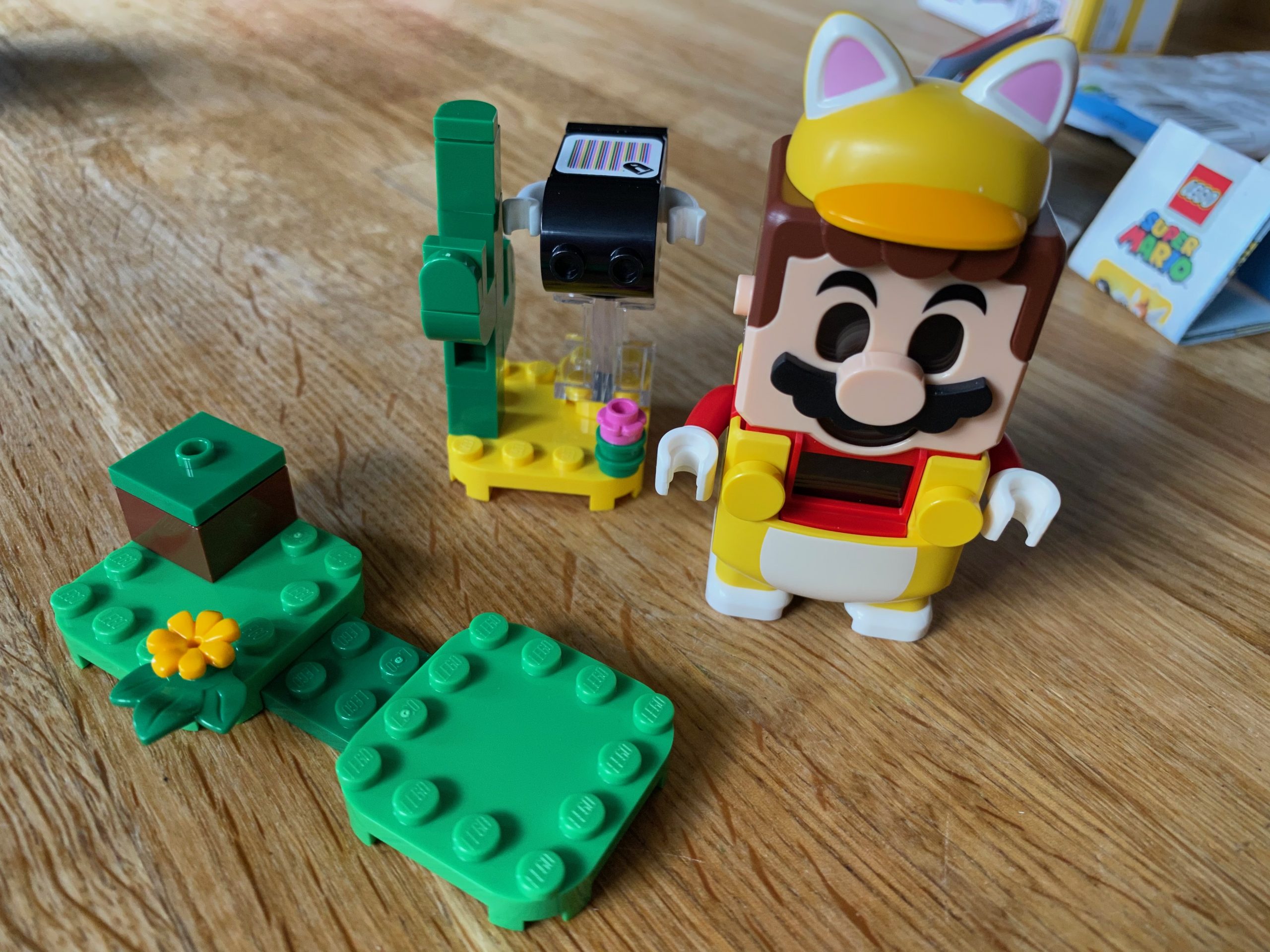

To be fair, I’ve been fortunate in all this. Despite – or because of – smashing out words for Stuff, I’m guarded on smart tech and take a cautious approach. I’ve never had to bin hardware because Google got bored. I’ve not had to suffer the horror of a smart audio company blowing up its entire app ecosystem due to rushing out headphones hardly anyone cares about. But my home is nonetheless dotted with tech that no longer functions, purely because an app is dead.
There are little robots, stilled forever because the company that made them went kaput. Smart accessories languish in drawers, because apps failed and there’s no other way to control the hardware. And various Lego kits that were intended to do things beyond being piles of plastic bricks now sit there in inanimate fashion. All because Lego reasoned there’s little point supporting them when the kits were long ago retired.
Still, I suppose at least Lego retains utility when the apps that gave it extra functionality cease to be. Although this does make me ponder that, one day, Lego will drop support for Lego Super Mario . Then the moustachioed hero will have dead black eyes forever.
Oh well – my kid always preferred Yoshi anyway.
